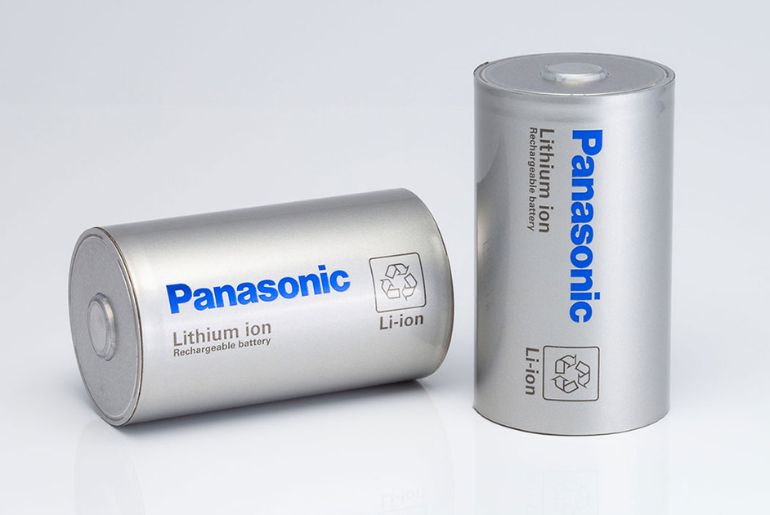Panasonic Holdings Corporation has unveiled plans to develop a next-generation, higher-capacity battery for electric vehicles (EVs), aiming to significantly enhance driving range and improve energy efficiency. The company expects the new technology to be ready by the end of 2027, marking a major milestone in global EV battery innovation.
The breakthrough centres on an anode-free battery design, in which the anode is eliminated during manufacturing. Instead, a lithium metal anode forms after the first charge, allowing for a higher proportion of active cathode materials, including nickel, cobalt, and aluminium. This approach increases energy density without expanding the battery’s physical size, potentially extending the driving range of vehicles such as Tesla’s Model Y by nearly 90 miles (145 kilometres).
Panasonic also plans to reduce the proportion of nickel in the battery chemistry, targeting lower production costs while maintaining performance. This anode-free technology is being explored by several global battery manufacturers, highlighting its potential to reshape the EV battery landscape.
In parallel, Panasonic is expanding its production capabilities. The company recently inaugurated a lithium-ion battery factory in De Soto, Kansas, and has started mass production of cylindrical lithium-ion cells. Combined with its existing U.S. facility, Panasonic’s total EV battery production capacity in the country is projected to reach approximately 73 gigawatt-hours per year.
Industry experts note that Panasonic’s higher-capacity battery initiative could lead to lighter, more efficient, and more affordable EVs while supporting the broader adoption of electric mobility worldwide. The move also reinforces Panasonic’s role as a key technology partner for major automakers, including Tesla, as the EV market continues to expand.
With this development, Panasonic aims to accelerate advancements in sustainable transportation, offering longer-range batteries and cost-efficient solutions that could set new standards in the global EV industry.

